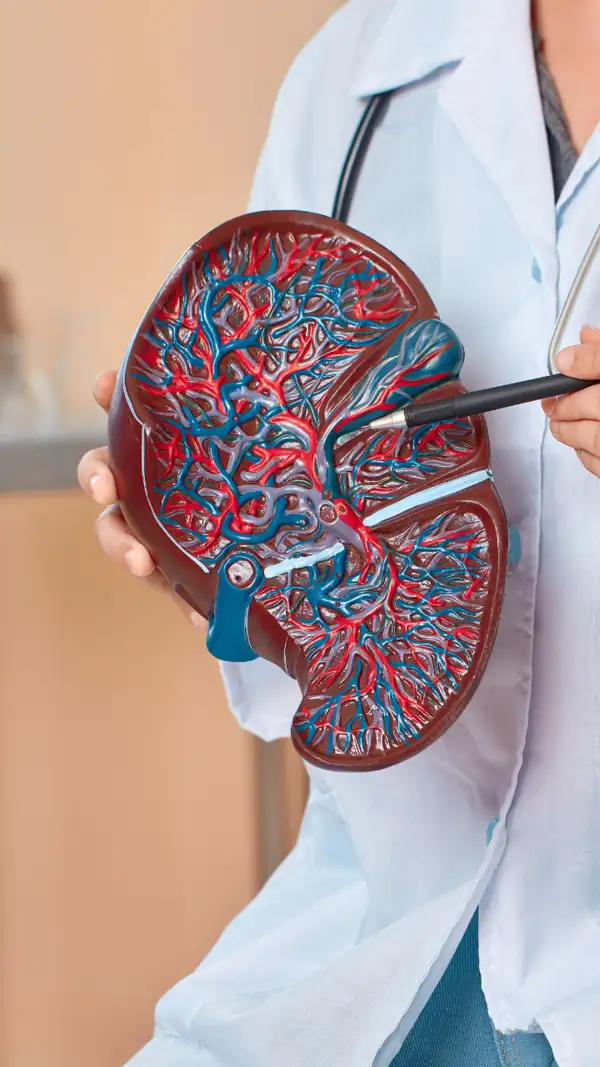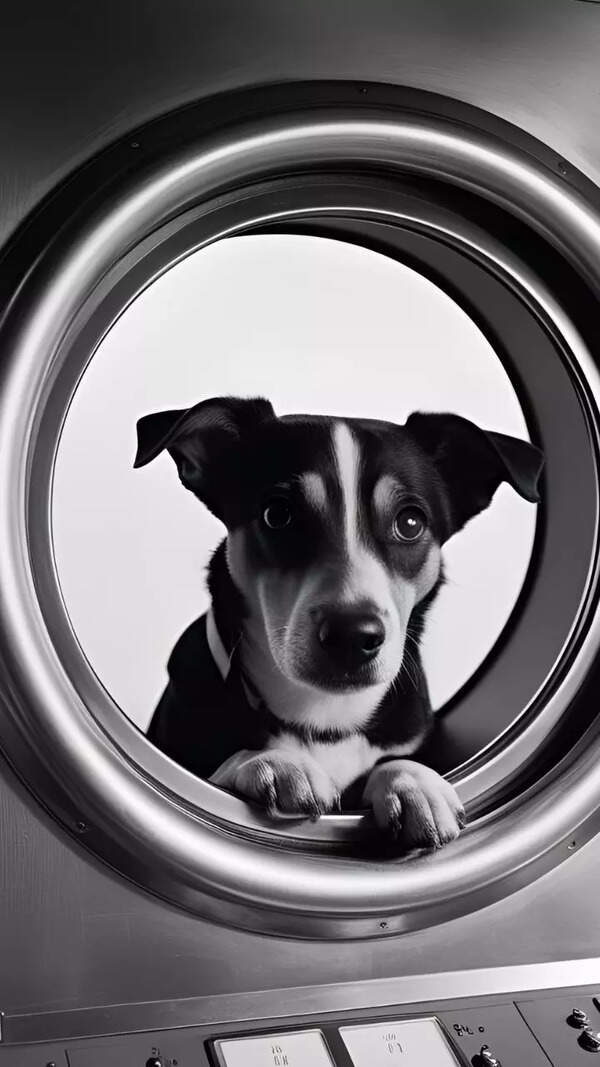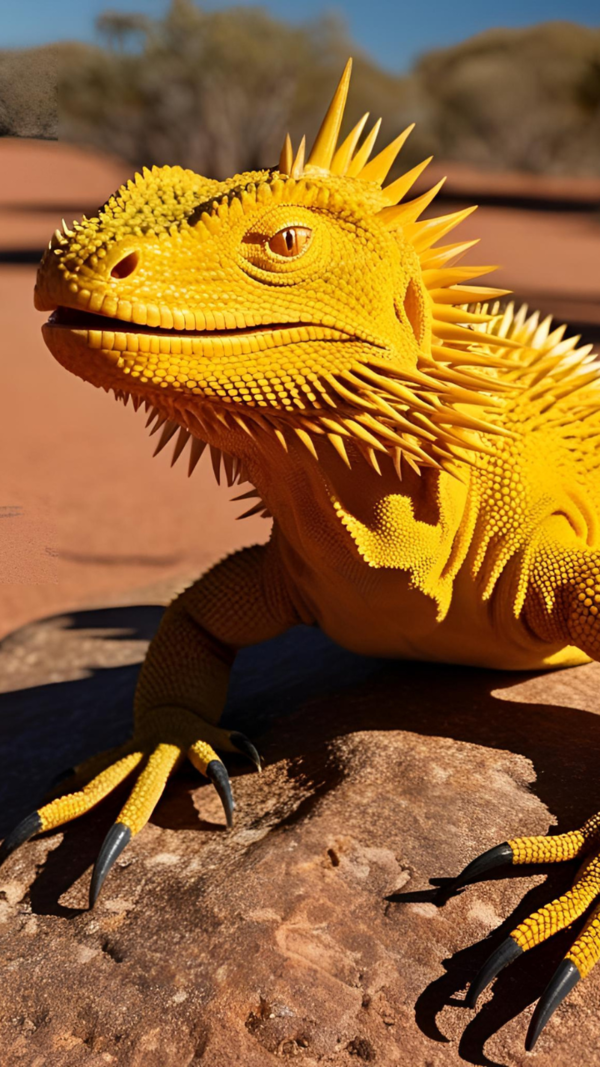- News
- City News
- delhi News
- Cooling the crisis: RML puts heat stroke on ice with spl unit
Trending
Cooling the crisis: RML puts heat stroke on ice with spl unit
New Delhi: RML Hospital has operationalised its specialised heat stroke clinic ahead of the expected surge in the city's temperature this month.
Last year, the hospital treated 70 heat stroke cases, with elderly individuals, security personnel, street vendors and construction workers being the most affected. Despite similar risks to pregnant women and young children, their numbers remained minimal during this period. Tragically, 20 cases proved fatal. As of now, the heat stroke clinic has not admitted any patients.
You Can Also Check: Delhi AQI | Weather in Delhi | Bank Holidays in Delhi | Public Holidays in Delhi
Dr Amlendu Yadav, head of the emergency medicine department and in charge of the heat stroke unit at RML Hospital, noted that healthy individuals who spend extended periods outdoors in hot conditions, particularly under direct sunlight, are at considerable risk. He also indicated that when humidity exceeds 75% and the mercury soars over 40 degrees Celsius, the body faces significant challenges in temperature regulation.
Dr Ajay Shukla, director and medical superintendent, ABVIMS and RML Hospital, explained that the cooling tubs are suitable for people measuring up to six feet in height and can reduce body temperature by 0.15 degrees Celsius every minute. The facility strives to provide immediate, critical care to reduce the dangerous effects of heat stroke.
Dr Shukla said the hospital introduced a mobile heat stroke response unit as an innovative approach to pre-hospital care. They specifically outfitted an advanced cardiovascular life support (ACLS) ambulance with inflatable cooling tubs, tarpaulins, ice boxes, ORS solutions, intravenous fluids and necessary medicines. The mobile facility is equipped to provide crucial medical intervention at the location itself, ensuring quick treatment for those affected by heat-related conditions. Patients can receive cooling therapy during transport to the hospital, improving their recovery prospects.
The ice-making machine produces 250kg daily, with each patient requiring 50kg of ice for treatment, ensuring continuous availability, said Dr Shukla. The facility contains two critical care beds equipped with ventilators and advanced multiparameter monitors for intensive care requirements to address various medical urgencies, along with other necessary amenities readily accessible. This setup ensures swift and efficient patient treatment, when required.
Dr Yadav said portable inflatable tubs can be transported to hospital wards for patients who are too unstable to be moved to the heat stroke unit. He also cautioned against stepping outdoors between 12pm and 4pm. Heat stroke patients typically register body temperatures of 105 degrees Fahrenheit, necessitating cold water immersion for 20-25 minutes. This treatment, which covers a large portion of the body surface, aims to lower temperature to 100-101 degrees Fahrenheit. Delaying the cooling intervention substantially raises mortality risk.
End of Article
Follow Us On Social Media










